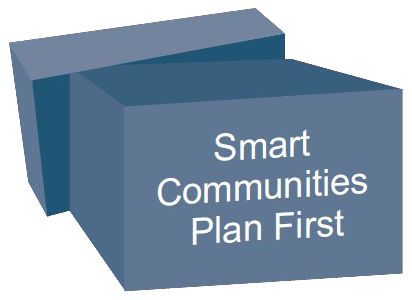Develop
In this phase documents are created, communication strategies are worked out, and key partnerships and resources are put in place to assist communities that participate in your program. State Energy Offices have considerable experience with program development; each state is unique. Therefore, you will find easy access to materials already created by Massachusetts, Wisconsin, and Pennsylvania. Your team can use these as a starting point for creating documents that support your program.
Communications
Clear, concise communications are the foundation for any successful State Energy Office program. By sure to include a task level communications plan. Examples of materials created by Massachusetts, Wisconsin and Pennsylvania:
- Program description – audience: general public, legislature & state administration (Massachusetts , Wisconsin , and Pennsylvania )
- Program guidelines – audience: grant applicants (Massachusetts , Wisconsin , and Pennsylvania )
- Program website (Massachusetts , Wisconsin , and Pennsylvania )
Stakeholder Engagement
Create a committee of municipal staff members and volunteers. Make sure stakeholder interests are addressed and members for environmental justice communities are represented. See this report on equity in stakeholder engagement.
Integration with State Systems
Each state has its own procurement and fiscal management protocols, procedures, and IT systems, as well as its own requirements for legal review of program design. Examples from other states are unlikely to be valuable, so this task is included without links simply as a reminder to fully integrate with your existing systems.
Prequalified Vendor Solicitation
Should your state choose to set up a statewide contract for vendor services as a resource for communities, the contract should be in place prior to grant solicitation. Communities can then more accurately incorporate pricing information in grant applications. Example documents that your team might find useful include:

